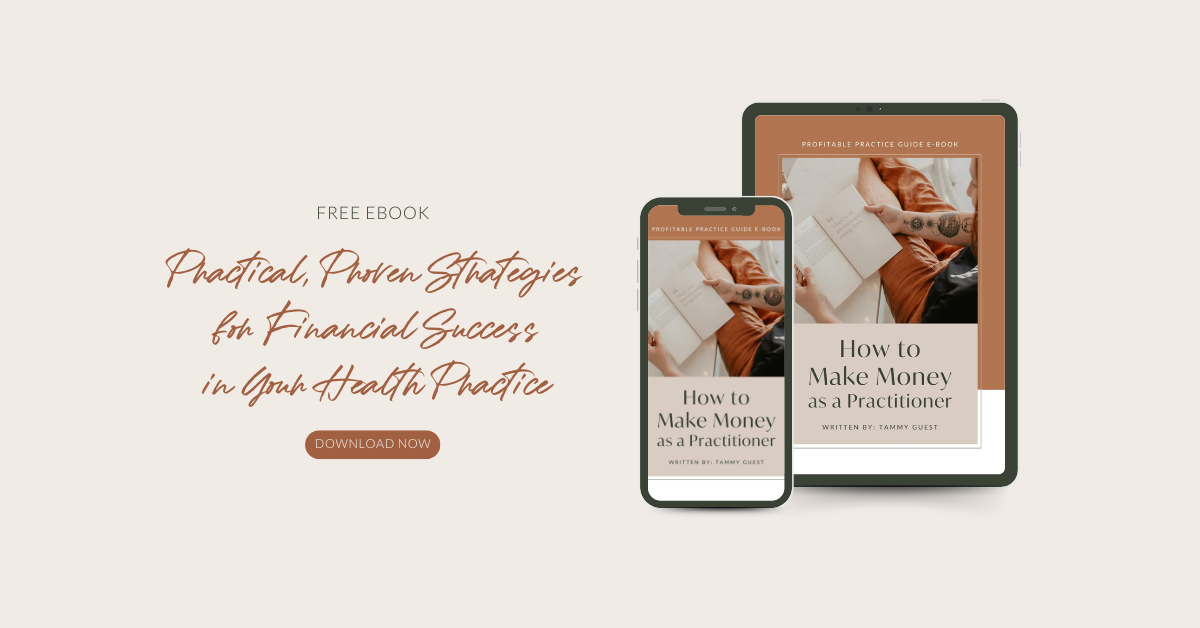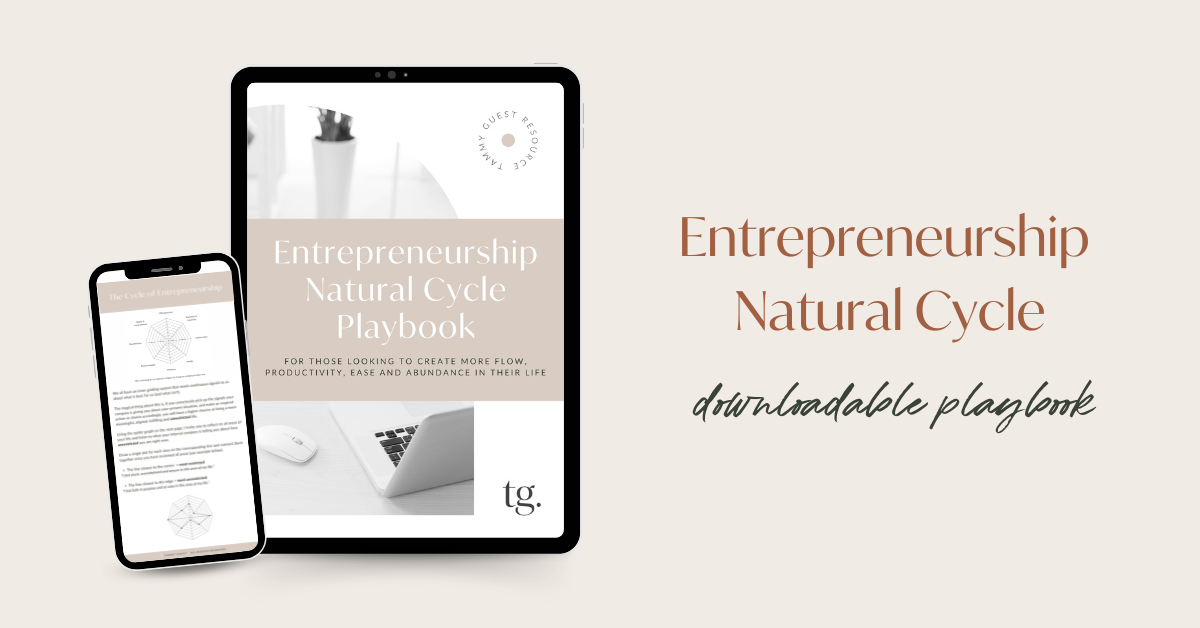Have you ever heard of a ‘growth mindset’ vs a ‘fixed mindset?’ It’s a concept created by Carol Dweck, an American psychologist and Professor of Psychology at Stanford. And it’s something I’ve always found fascinating. So today, let’s talk about how to develop a growth mindset and what the difference is between the two.
Professor Dweck spent her time studying human motivation to understand why people succeed or fail in their lives and businesses. But we’re going to talk about what each mindset is about and how to move from a fixed mindset into a growth mindset.
Ready? Let’s dive in.
What is a Fixed Mindset?
A fixed mindset is a belief that the skills, talents, and intelligence you’re born with is all you get. People with a fixed mindset believe their traits are fixed and they’re born either being good or bad at something. People with this mindset think their abilities can’t be improved.
How do you know if this is you?
If you …
- find yourself wanting to prove yourself right over and over (which leads to subconsciously sabotaging yourself)
- are prone to giving up when you hit a roadblock or task you can’t seem to get done
- don’t like to put effort into things you’re not naturally good at
- tend to ignore constructive criticism
- feel threatened by the success of others
You might have a fixed mindset.
And the problem is, as a result of this belief – you may not live up to your full potential and achieve everything you’re capable of.
What is a Growth Mindset?
Now, a growth mindset is the opposite of a fixed mindset. It’s the belief that the skills, talents, and intelligence you’re born with are just the starting points for your future development. You believe that through hard work, strategy, and feedback from others, you can learn and improve almost anything.
You may have a growth mindset if you …
- aren’t too worried about what people think of your mistakes
- stay more focused on learning and getting better (so you can achieve the results you want)
- are persistent
- embrace challenges
- are willing to put in the effort to get better at things
- learn from criticism without taking it too personally
- find lessons and motivation in the success of others
If this sounds like you – that’s great news! Because people with this type of mindset are much more likely to achieve higher levels of success.
How Do I Move From a Fixed Mindset to a Growth Mindset?
So, if you were disappointed to find the Fixed Mindset traits listed above sound a lot like you, don’t worry. You can take control and teach yourself to have a growth mindset. But, as with any mindset shift, developing a growth mindset will require a lot of self-awareness and it’s going to take some time.
Don’t be discouraged if you don’t see results right away, either – because you probably won’t. Eventually, you’ll be able to look back and see how well you dealt with certain challenges and the successes you achieved. But first, you need to do the work to get there.
To develop a growth mindset, there are many things you can do.
Know you can improve and develop skills
This is a really big one. It’s the major difference between a fixed and growth mindset.
You need to believe that when you don’t know how to do something or think you’re not good at it, you can learn and get better. You have to be willing to put in the time and effort necessary to make it happen.
Take on constructive criticism
Feedback from clients, customers, peers, and mentors is so valuable. They have perspectives different from yours that can provide a new light, new ideas, and new solutions for the problems you’re struggling with
Think of it this way. Why keep spending valuable time on something someone else has already solved and is trying to give you the solution to?
To move closer to a growth mindset, work on seeing criticism as a chance to improve and not a personal attack on your skills or knowledge.
Set up “if ___ then___” statements
This tip will really help pull you out of your mental funks and negative self-talk.
Write down some things you regularly tell yourself that reflect a fixed mindset. Then, replace them with something else that reflects a growth mindset. Here are a few examples:
If I start thinking I’m not good at something and never will be, then I will remind myself that anything can be learned and figured out
If I feel offended or personally attacked by feedback, then I will write down how the feedback could benefit me (or my offer or whatever the feedback is about).
Just like any other mindset reframe, you have to recognise the stories you tell yourself and actively rewrite those stories until they become ingrained. The more you repeat these new stories and self-talk, the more it reinforces those new neural pathways in your brain. And eventually, that positive self-talk will become your new normal.
And don’t forget about EFT tapping. It’s another great tool for getting past blocks and negative self-talk.
By taking the time to look inward and be really honest with yourself, you can find what’s holding you back and train your mind out of the negative thought process that’s part of a fixed mindset. With focused effort, you CAN move toward a more conscious, positive growth mindset.
To set yourself up on the right foot toward achieving goals and growing your business, start today by making the right moves to develop a growth mindset.
Mindset Magic
Believe me, I know working on our mindsets can be challenging. It’s difficult to give ourselves a hard once-over and take note of what needs improvement. So if you need need a bit more support and structure while working on your mindset, I invite you to join me in Mindset Magic.
This in-depth collection of trainings, presentations, resources, articles, and meditations helps you develop and maintain your mindset so you can stay focused and on-track to achieve your goals.










Leave A Comment